Home>The HEDG Law Clinic in Action: A Case Study in Corporate Accountability in Mozambique
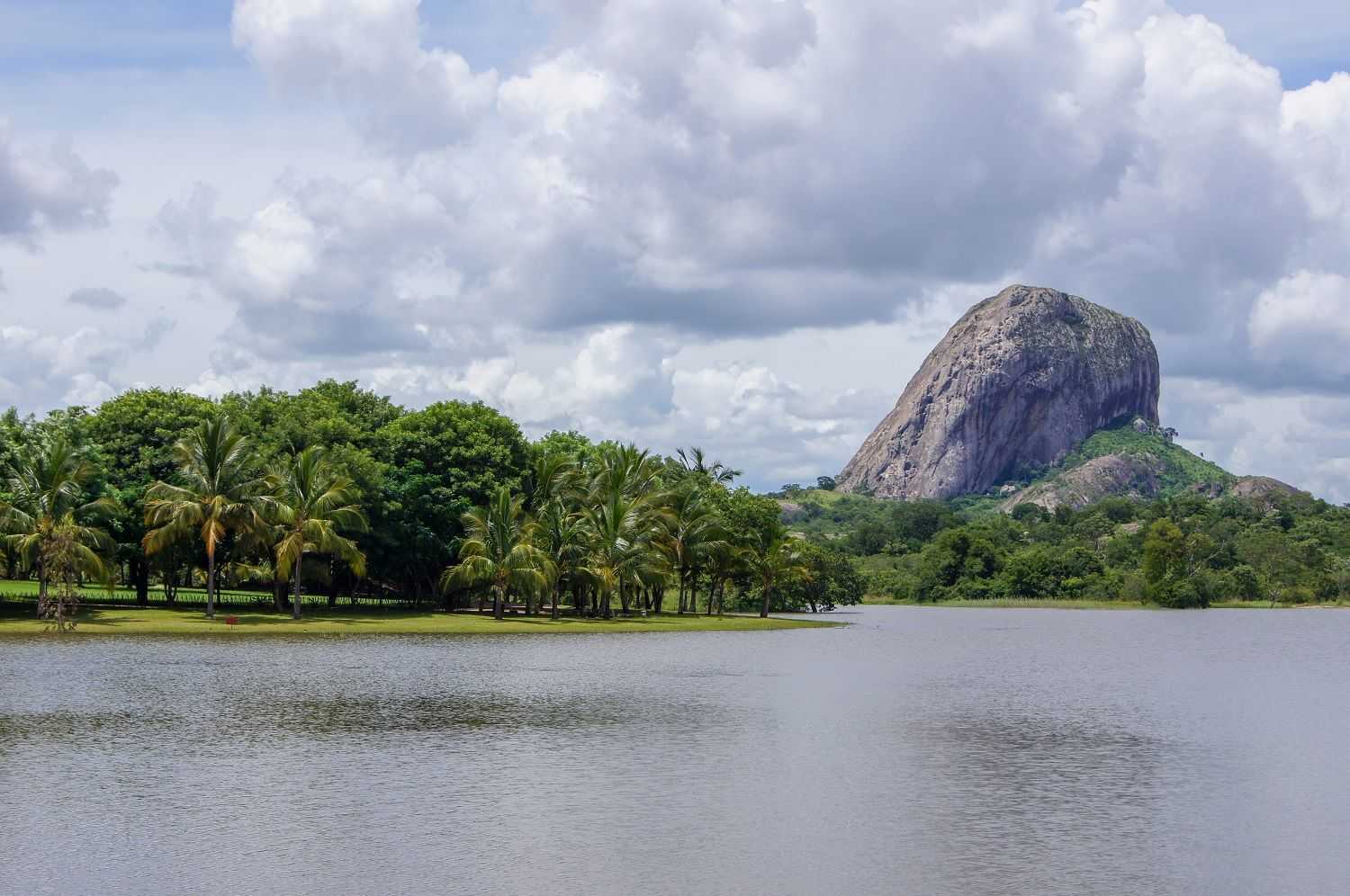
05.05.2025
The HEDG Law Clinic in Action: A Case Study in Corporate Accountability in Mozambique
Casandra Arias Roux, Chiara Chiarelli, Mathilde Humen and Léo Ruesche Neggia, students from Master in Environmental Policy, Paris School of International Affairs (PSIA), are enrolled on the Human rights, economic development and globalization (HEDG) clinic programme, Sciences Po Law School.
This year, they’re working on the clinic project “Exercising community rights – challenging EDF and TotalEnergies’ impunity in hydroelectric dam project in Mozambique” with Justiça Ambiental JA!
Here, they share their experience with us.
Why did you choose to apply for the HEDG clinic programme?
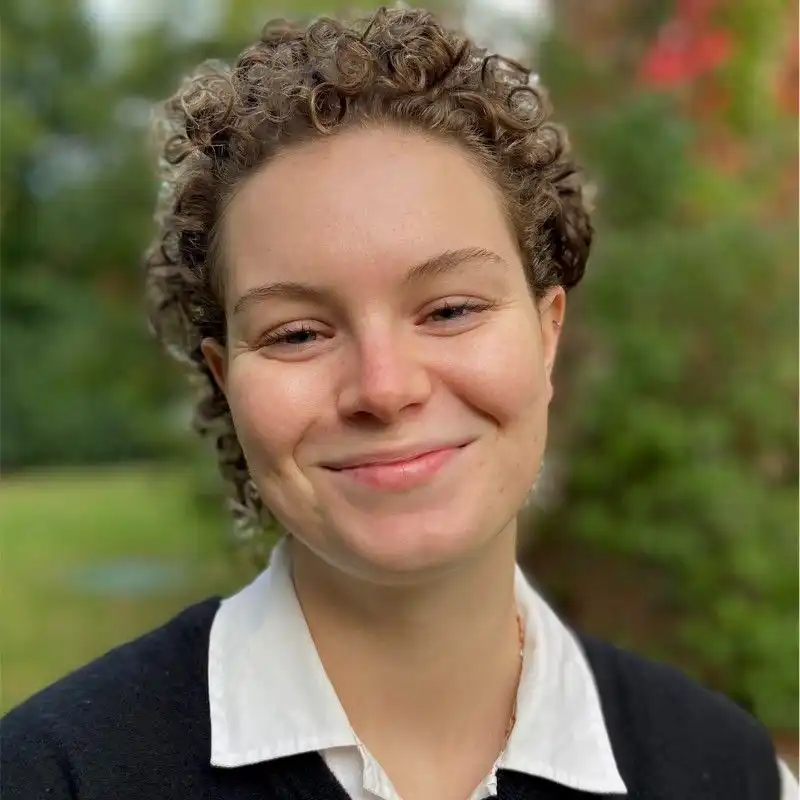
Chiara: The HEDG law clinic seemed to me a perfect opportunity to gain practical experience, which I had not yet had the chance to develop after completing my Bachelor’s. It also presented a chance of exploring a new field, law, refining my ability to think critically and construct arguments. My main goal was to develop a toolkit of skills to prepare for the professional world by engaging with an external stakeholder to work on a concrete and significant issue. Also, as I reviewed the project descriptions, I was particularly excited by the prospect of working on Indigenous Peoples’ rights and environmental issues, a topic I was already passionate about, and that ultimately convinced me to apply to this Law Clinic. It was also a unique opportunity to learn more about Mozambique, a country I was not familiar with, while simultaneously improving my Portuguese reading skills.
Mathilde: Applying to the HEDG Law Clinic was an opportunity for me to work on a long-term and meaningful project, delving into the intricacies of corporate responsibility and accountability, and making a lasting contribution to the same. Having not studied law, it was a chance for me to understand its applications, particularly given the scope of our project, which integrates French, European, and international law. I was also very excited about the topic we would be focusing on, having previously explored environmental justice and human rights in the context of resource-rich countries, issues that mirror the challenges faced by affected communities in Mozambique.
Tell us about your clinic project?
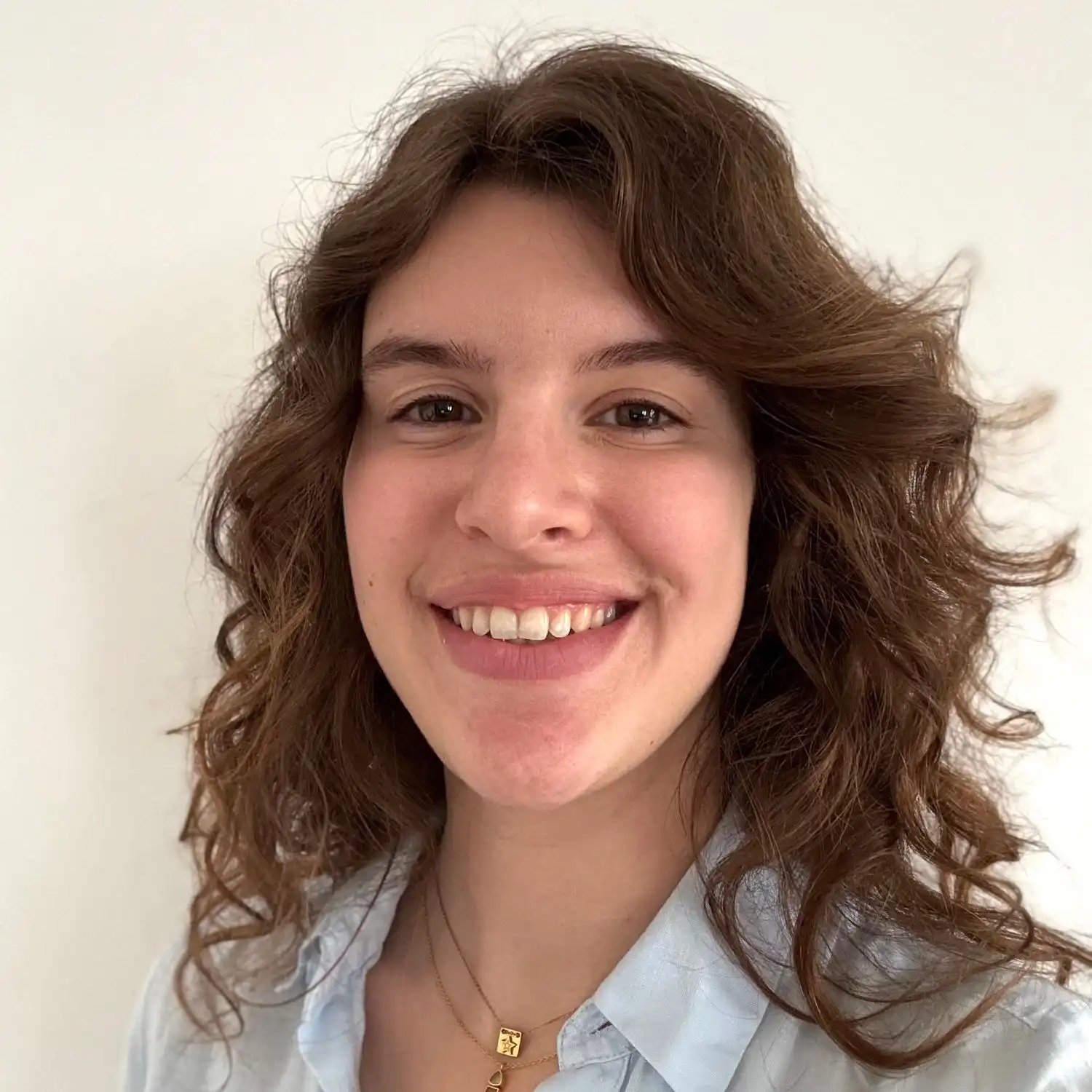
Our clinic aims at providing support to a Mozambican NGO in their fight to prevent the construction of a mega hydroelectric dam in their country, which is impacting more than 1400 people living in the area and destroying the local ecosystem. Through legal and documentary research, we provided them with an overview of legal and extra-judiciary pathways aiming to put an end to this project.
With 2 French multinationals acting as main investors in the dam, our research focuses on corporate and state responsibility regarding human rights and environmental protection.
What are your professional plans?
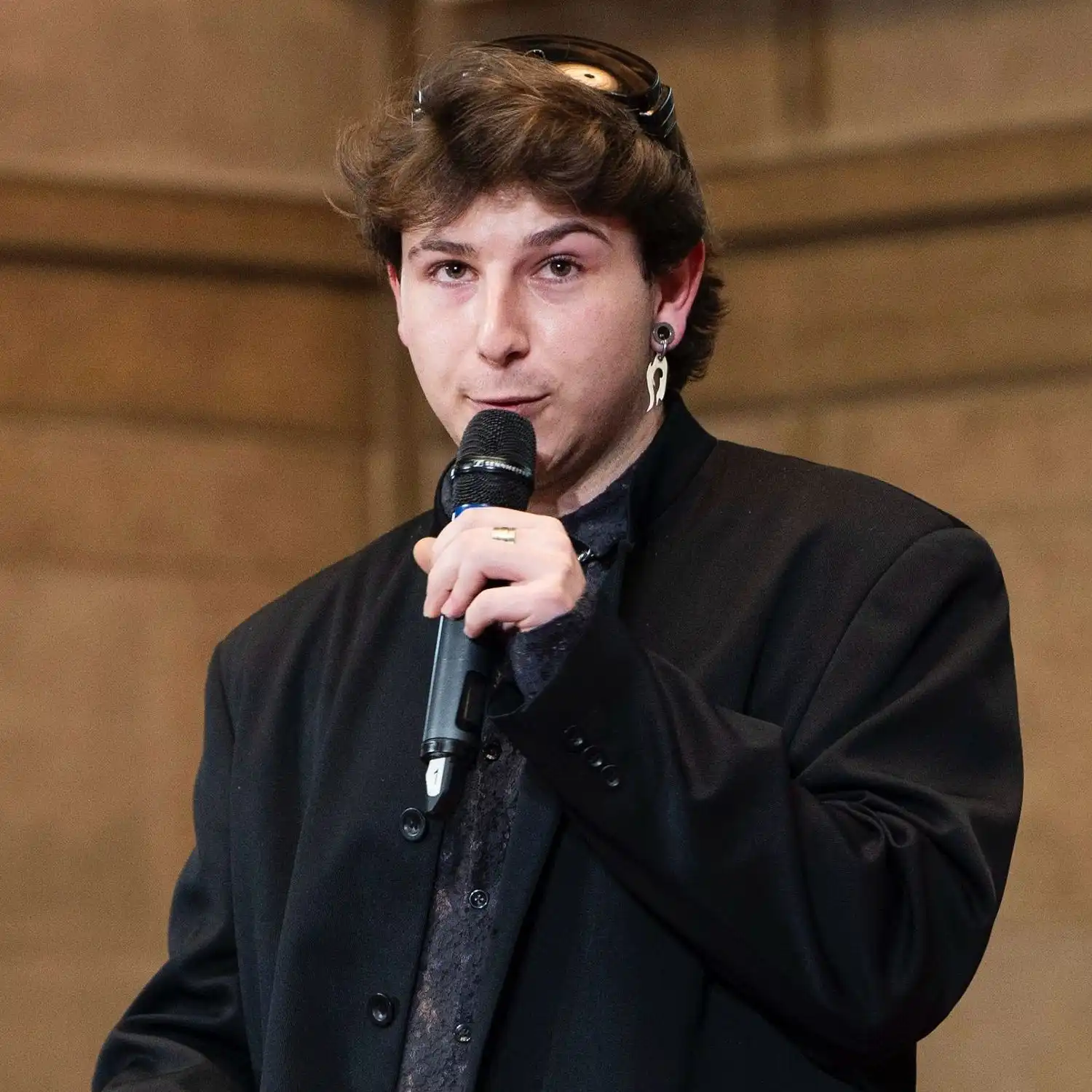
Casandra: My interest lies in the migration field. More specifically, I am interested in topics of planned relocation and international displacements in climate change- affected areas. My short-term plan is to work in an IOM country office during my gap year, where I would be able to discover how policymaking works and how to adapt to a country’s geographical and cultural specificities.
Léo: I would like to pursue my independent consulting work with NGOs, government agencies, and international organizations, focusing on climate justice and human rights. My objectives would be to find a role where I could combine research, strategic advocacy, and legal analysis to promote system change and to hold multinational corporations and other actors accountable for the polycrisis our world faces.
What advice would you give to a student interested in the Law Clinic?
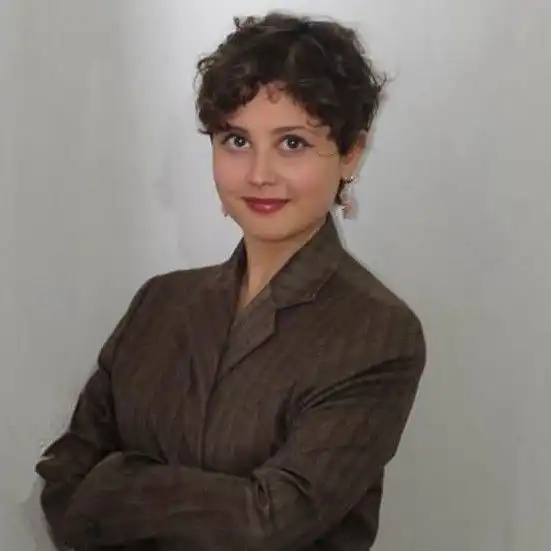
Chiara: My main advice is not to be intimidated by a lack of legal background, even if you have none, as was my case. Many students in the Clinic are also beginners, and the purpose is to learn about this field. Also, as the theoretical classes are given by different practitioners, you can take advantage of the chance to directly ask questions to experts who have worked on cases similar to your project, providing you with directions. Finally, the Law Clinic is not just about academic performance and outputs. Unlike other courses at SciencesPo, it offers a quasi-professional opportunity where you can develop essential soft skills, like organisation, planning, and communication.
Mathilde: My advice is to fully engage with the project and be proactive in taking initiative. The project's success depends on what students are willing to contribute, in collaboration with the partner and the tutor. Being proactive, comfortable working in a team, and committed to meeting deadlines are essential to driving the project forward.
Alexander Repenning talks about his role as project tutor.
WHAT IS YOUR ACADEMIC AND PROFESSIONAL BACKGROUND?
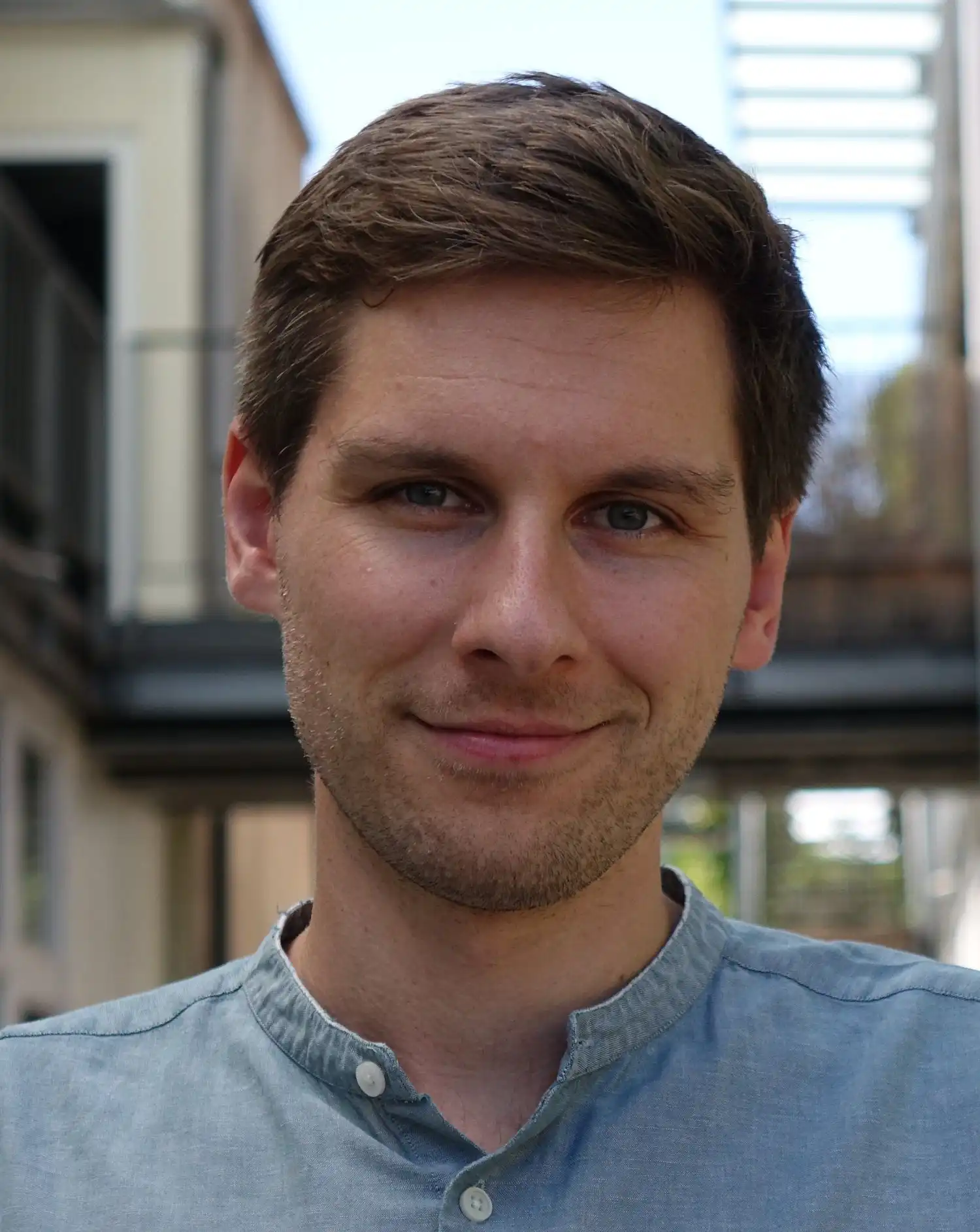
My academic journey began in Berlin, where I studied social sciences at Humboldt University. In 2012/2013, following the massive student mobilizations in Chile, I spent two exchange semesters at the Universidad de Chile. I covered one of the protests for a German news magazine, which sparked my ongoing work on social movements and civic engagement in various forms.
After completing my first master’s degree in economics at the University for Shaping Society (a small German college specializing in heterodox economics, philosophy, and transformative education), I spent several years connecting academia and activism at Right Livelihood in Geneva. The organization supports changemakers across five continents, and my role was to connect them with universities for research and education projects.
Pursuing my Master’s in Advanced Global Studies at Sciences Po last year deepened my focus on human rights. Since then, I have collaborated with organizations such as the Albert Einstein Institution (Boston), NOVACT (Barcelona), and the University for Shaping Society (Koblenz) on projects covering strategic nonviolent action, digital organizing, and economic paradigms.
Alongside these efforts, I continue to write and speak on climate justice—an issue central to my work since co-authoring a bestselling book on the climate crisis in 2019.
WHAT IS YOUR ROLE AS A TUTOR?
As a tutor, I help ensure the seamless implementation of the clinic project. I foster the link between students and the partner organization, providing feedback on document drafts and offering guidance when students encounter challenges. At times, my role also involves channeling students’ contagious enthusiasm toward the project’s core objectives to prevent bottlenecks and overload.
FIND OUT MORE
- Discover the activities of the Law school clinic
- Find out more about the Human rights, economic development and globalization (HEDG) clinic programme
Cover image caption: Nairuku Mount in Nampula, Mozambique (credits: Namahaca / Shutterstock)
Information Sessions: Masters

Find out more about the Masters programs and the wide choice of specialisations offered by the 8 Schools of Sciences Po during our webinars dedicated to applicants.